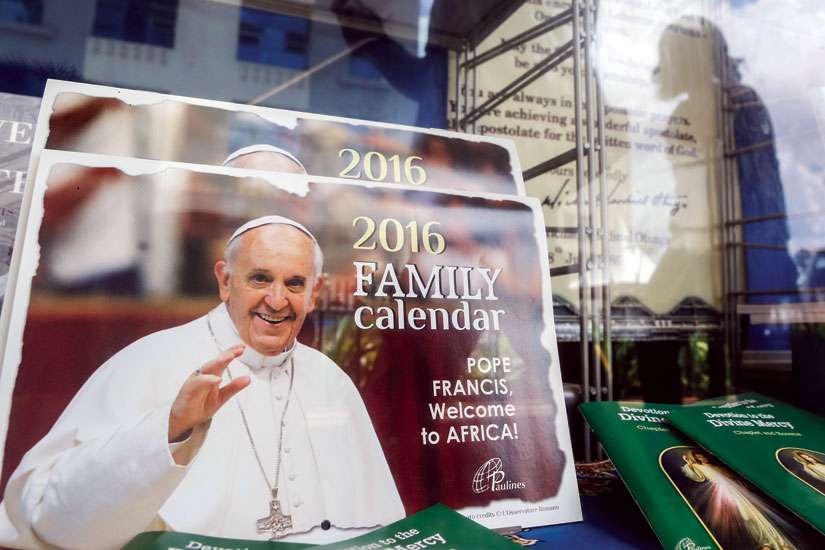First, it shows that Africa matters and is considered by Pope Francis as an important player in the shaping of a new Catholic imagination in the world Church.
Second, his message of a poor Church and a merciful Church that is open to all, especially those who suffer and those on the margins, resonates with many Africans. African Christians desire a Christian religion which is truly good news to the poor. This is because the Christian faith is sometimes the one reality which is constant amid Africa’s social, political, economic and cultural instability.
Third, the Pope’s leadership style of humility and simplicity, which follows the example of Jesus Christ, is a paradigm shift. In a continent where the hierarchical structure of the Church is sometimes reinforced by African traditional patriarchal norms of power and privilege, Pope Francis offers a new model that challenges African Church leaders to exercise their pastoral leadership in more transparent and inclusive ways which invite the laity, and especially women, to participate in decision making.
Pope Francis specifically chose to visit Kenya, Uganda and Central African Republic because they present in varying degrees the many faces of African Christianity. They all have strong faith traditions, exponential growth in membership and in vocations to the priestly and religious life, and a strong affinity to the traditional teaching on marriage, sexuality and sacramental life.
Pope Francis will notice that beyond the growth in the number of African Catholics, parishes, dioceses and vocations, African Catholicism struggles with how it is perceived outside of Africa as it attempts to retain some elements of its traditional religions within its Christian faith and practices. We Africans want to worship as Africans not as Westerners, to think and talk about God as Africans, and to live and celebrate the Christian faith as Africans, in our own words, voices and style. This is how the Gospel comes alive for us.
The Pope will also notice the challenge of religious intolerance and tension between Christians and Muslims in some African countries and the semi-permanence of a refugee crisis in Africa as a result of the social and economic carcasses created by war, terrorism, failing states in some parts of Africa and radical Islamic fundamentalism.
African Catholics expect Pope Francis, faithful to his commitment to the poor, to challenge African Church leaders and faithful to raise the bar of ethical, prophetic, sacrificial and servant leadership. He needs to remind African leaders in places like Burundi, Rwanda, the two Congos, Zimbabwe, Gabon and Cameroon that the kingdom of God cannot be realized in Africa if its political leaders are simply gatekeepers who watch their countries struggle due to an unconscionable desire to retain power.
Africans hope the Pope will challenge their religious and political leaders and captains of industries to be righteous and moral in order to stamp out corruption that is rife in the conduct of the state, Church and private businesses. Indeed, the Pope should call forth the African spirit of Ubuntu and Sankofa to challenge Africa to find new pathways to solidarity, reconciliation, consensus building and wealth creation in order to advance the common good.
These are needed to lift millions of Africans from the pit of poverty. This way, a greater percentage of Africans, building on their God-given talents and resources, can climb the ladder of social progress and have a voice in building a better society.
A renewed and transformed Catholicism in Africa could become a strong cultural and spiritual influence in the continent’s continuing battle against the challenges of poverty, disease, ethnic and religious conflicts and radical Islamic fundamentalism. African churches can become strong social entities which provide not only spiritual support, but also strengthen civil society.
(Fr. Chu Ilo is a research professor at the Centre for World Catholicism and Intercultural Theology, DePaul University, Chicago.)


